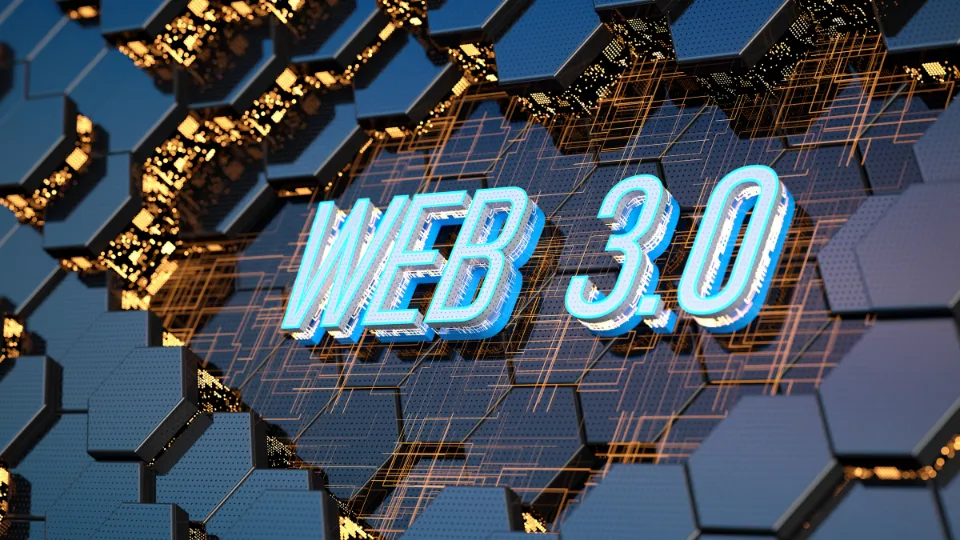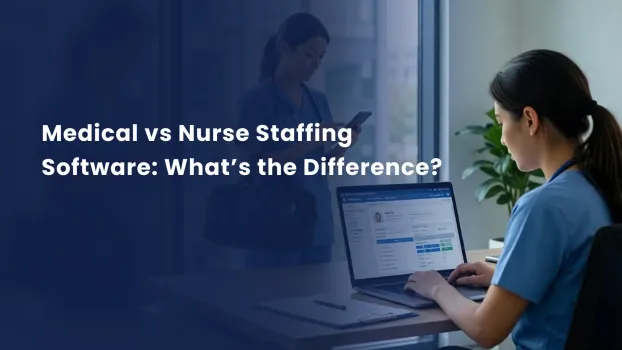The transition from Web 2.0 to Web 3.0 IT services is a marked shift in the manner in which technology engages businesses and, more so, users. Web 3.0 transformation brings decentralization, blockchain, AI, and the semantic web as new IT service models for the next ten years.
This blog seeks to answer questions such as how Web 3.0 will redefine IT services, the trends that will shape this transformation, and the resultant opportunities for businesses globally.
Are you ready to maximize the opportunities your business can create? Let our professionals guide you through implementing regular updates and solid enhancements to your website. Contact us today!
1. New Generation IT services web 3.0
Basically, Web3 extends the vision of the internet for a decentralized web that uses blockchain, AI, and other distributed systems paradigms that put the user in control. Compared with the centralized approach of previous generation IT services such as Meebo and Delicious, Web 3.0 IT services will enhance user control and take ownership of Lifeworld’s digital communication. These developments make for a safer, smarter, and more connected digital environment through the integration of these technologies.
Key features include:
- Decentralization: Removes the dependence on centralized servers making the system more secure and better when it comes to data privacy.
- AI and Semantic Web: Fosters improved interpretation of content and not just info and makes the experience more individualized.
- Blockchain: Offers clear, non-forgery sales, revolutionizing how enterprises manage matters digitally.
2. Future of IT Services: Shifting Paradigms
The future trends of IT services are indeed to develop structures that enhance user enablement, productivity, and creativity. As businesses adopt Web 3.0 transformation, the focus shifts to:
- Personalization: AI service provision, offering highly targeted content with regard to users’ activities and interests.
- Autonomous Systems: Smart contracts to facilitate the security of decentralized applications or applications that can be processed without the intervention of middlemen.
- Trust and Transparency: Transaction security and provenance are achieved through the use of blockchain while customers are built.
This transformation also delivers value to businesses and raises the level of IT service delivery with the customer at its core.
3. IT Services Trends 2030
The trends argue for increased dominance of technology within the IT services sector. Key IT services trends in 2030 include:
- Decentralized Applications (dApps): Swapping pre-existing applications with blockchain ones for higher reliability and customers’ rights protection.
- AI-Driven IT Solutions: More intelligent systems mean less need for intervention by operators to try and fine-tune production lines.
- Edge Computing: Reducing the latency through a process of computation localization which makes it easier to process real-time data.
- Digital Identities: Self-sovereign identities built on blockchain that improve privacy while making the authentication of users faster.
These trends raise awareness of the increasing importance of Redefining IT with Web 3.0 to respond to future requirements.
4. Keyword researchers’ contribution to Web 3.0 change
Entering the process of Web 3.0 evolution, the Role of Keyword Researchers in Web 3.0 emerges due to the shift in search processes. Unlike traditional SEO, Web 3.0 relies on contextual, semantic searches, requiring keyword researchers to:
- Focus on Context: Focus on keyword corresponding to the user’s intent rather than using words strongly correlated to the query.
- Leverage AI Tools: Implement applications of Artificial Intelligence to forecast trends and enhance further approaches regarding more efficient search engine placement.
- Optimize for Decentralized Platforms: Create special kinds of solutions for enhancing blockchain-based and distributed search engines.
Many will rely on keyword researchers to ensure that organizations attain prominence within the Web 3.0 environment.
5. Redefining IT with Web 3.0: Business Implications
The current business environment means that firms need to implement Redefining IT with Web 3.0. This shift brings multiple advantages:
- Cost Efficiency: Automation cuts one costs because there are no middlemen involved in handling affairs.
- Enhanced Security: Blockchain and decentralized networks conduct security measures accurate and immutable measures.
- Better Customer Experience: People get used to getting personalized interactions from technology and AI, which makes any interaction related to the project more pleasant.
It is imperative that organizations transition to Web 3.0 IT services, as the future in the next decade is dependent on it.
See Also: The Future of AI in Mobile App Development
Looking for ways to advance your business? We have experts who will ensure that your website suits your needs as you need it. Get started with us now!
Final Thoughts
There is a great future ahead for IT services with the Web 3.0 change process coming with significant changes in the future. From de-centralized and dispersed systems to artificially intelligent self-optimizing, self-learning personalization, this change it a new shot at operations, protection, and consumers. If IT services trends in 2030 are successfully implemented, a firm can optimally leverage on Web 3.0 IT services and reframe their success criteria for business operations in the digital firm.
Is your business prepared to move forward? Join our team to set the direction in the future-oriented Web 3.0 world!
FAQs:
Q1: What is Web 3.0 and what implications does it have for IT services?
A1: Web 3.0 connects decentralization, artificial intelligence, and blockchain making smarter, safer, and user-focused IT service trends in 2030.
Q2: What makes Web 3.0 transformation important for businesses?
A2: It improves transparency, operability, computerization, and customization, reformulating IT services for future usage.
Q3: How does decentralization affect the future of those services within the IT industry?
A3: The pro-features of decentralization are in increasing the level of data protection, in the absence of intermediaries, and in the need for user ownership.
Q4: How does Web 3.0 see AI in reshaping and redesigning IT?
A4: AI brings improvements in autonomous systems, making processes better, profound customization, and personalized content.
Q5: What are the benefits of the presence of keyword researchers in Web 3.0?
A5: They adapt search techniques to semantic and distributed contexts to make sure that businesses are visible in Web 3.0 environments.


_thumb.webp)
_thumb.webp)















